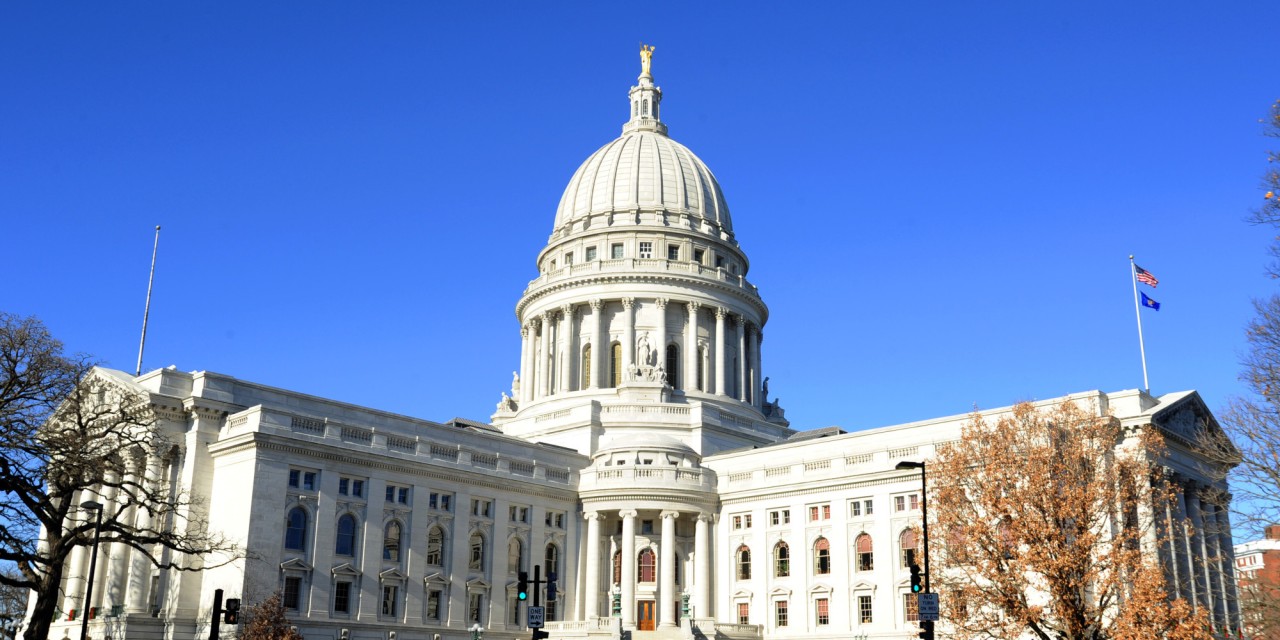All States Must Recognize That Rare Diseases ARE Different
 In the weeks ahead, Wisconsin will consider legislation to establish a “rare disease advisory council” in the state. With this important action, Wisconsin could become the 22nd state in the U.S. to acknowledge that patients and families affected by rare diseases have many unique needs and deserve support and services that are designed to meet those needs.
In the weeks ahead, Wisconsin will consider legislation to establish a “rare disease advisory council” in the state. With this important action, Wisconsin could become the 22nd state in the U.S. to acknowledge that patients and families affected by rare diseases have many unique needs and deserve support and services that are designed to meet those needs.
Unlike diseases such as cancer or heart disease that affect millions, many rare diseases affect only tens of thousands of people. Some ultra-rare diseases affect fewer than 2,000 people. But when we refer to “rare diseases,” we are talking about more than 8,000 different illnesses that collectively affect about one out of every ten people. More than 90% of rare diseases have no treatments available, as is the case for Niemann-Pick disease. When government and healthcare systems use a “cookie cutter” approach in addressing health issue, these efforts often do not reflect the very special needs of patients and families affected by rare diseases.
To examine the needs of rare disease individuals in the same manner as diseases that impact larger populations, like oncology or diabetes, is a failure to rare disease families and results in challenges from clinical trial design to FDA approvals and beyond. By establishing rare disease advisory councils, Wisconsin and all states in the U.S. can help to ensure that healthcare programs and services will be designed to effectively meet the needs of millions of individuals and families.
In every state, a dedicated council of medical and healthcare experts can give rare disease patients a unified voice in state government, helping to shape policies and use healthcare resources more effectively and efficiently. Councils can also provide essential input to elected officials and other state leaders on issues including rare disease research, education, diagnosis, and treatment. In most states, councils prepare reports and provide recommendations that can help to guide healthcare decisions made by governors, legislatures and other relevant agencies.
For patient advocacy and service organizations like the National Niemann-Pick Disease Foundation, rare disease advisory councils can play a critical role in supporting our work and helping us advance our missions. Councils are a platform that can bring together a diverse group of stakeholders working together to identify and solve pressing challenges. They can also provide feedback, identify innovative solutions and access resources that can ease the burden on state healthcare systems.
Many leading rare disease organizations including NNPDF, the National Organization for Rare Diseases and others have expressed their support for establishment of a rare disease advisory council in Wisconsin. We strongly urge leaders in the state to demonstrate their commitment to people affected by rare diseases by establishing a council, and we encourage all remaining states to take this important step.
Both individually and collectively, rare and ultra-rare diseases ARE different. Rare disease advisory councils can help to make sure that healthcare decisions will bring patients and families more of the specialized services, support, and access to treatments and care that they need.
